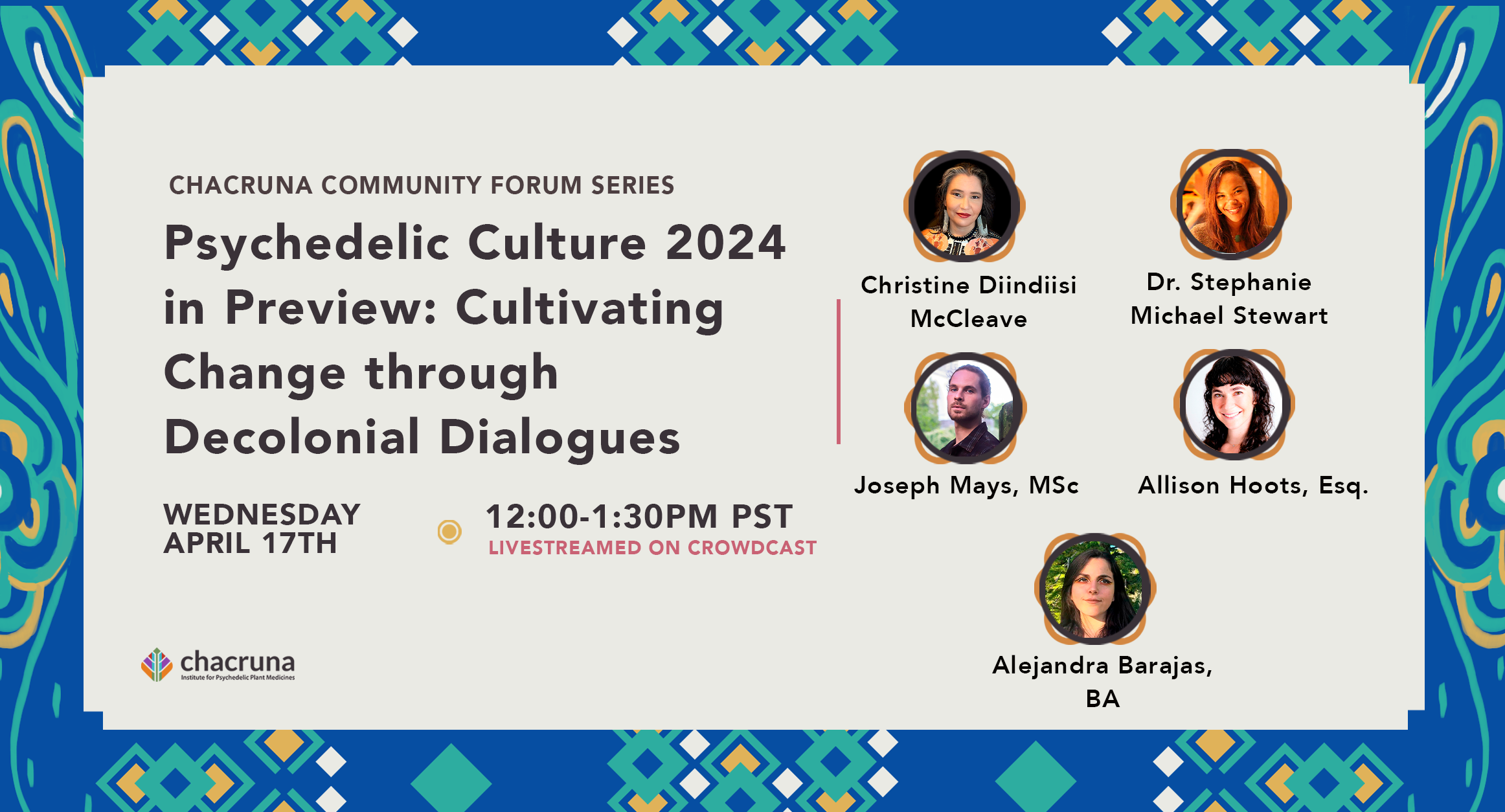- Meet Chacruna at Psychedelic Science 2025 - May 27, 2025
- Psychedelics and Attachment: Fundamentals, Implications, and New Frontiers - May 16, 2025
- Development Outreach Internship (OPEN) - May 6, 2025
Wednesday, April 17th, 2024 from 12:00-1:30pm PST
Free registration for this event here.
As we approach The Bay Area’s Annual Spring Conference on Plant Medicines & Psychedelic Science, Psychedelic Culture 2024, we would like to offer space for some of the speakers, Chacruna staff, conference attendees and the general public to come together and explore some of the important conversations that will be held. Psychedelic Culture 2024 will platform Chacruna’s main initiatives: Indigenous Reciprocity & Decolonial Dialogues, Psychedelic Justice, Protection of Sacred Plants & Cultural Traditions, and voices from the Global South. Our main motto for this conference is Cultivating Roots for Cultural Change. This community forum in particular will be joined with Christine Diindiisi McCleave, who is an enrolled citizen of the Turtle Mountain Ojibwe Nation and will be speaking on a panel at the conference titled Who benefits from the Psychedelic ‘Renaissance’? Indigenous Reciprocity, Decolonization, and Plant Medicine Conservation, Dr. Stephanie Michael Stewart, who is a member of Chacruna’s Racial Equity and Access Committee and will be speaking on a panel at the conference titled Shaping our Future: Ensuring equity and access in the psychedelic renaissance, Joseph Mays, who is Program Director of Chacruna’s Indigenous Reciprocity Initiative (IRI) and will be moderating the panel featuring Christine at the conference, Allison Hoots, who is a member of Chacruna’s Council for the Protection of Sacred Plants and will be speaking on a panel at the conference titled Sacred Plant Alliance (SPA): Religious Freedom and Legal Protections in the Plant Medicine Space, and moderator Alejandra Barajas, who is the Program Coordinator for Chacruna Institute and who has been working hard in the trenches on the creation of the conference program to make it happen. This event will be free and give space for speakers to share their perspectives and stress the importance of the dialogues they will be participating in. We will also leave space for attendees to ask any questions regarding the conference.
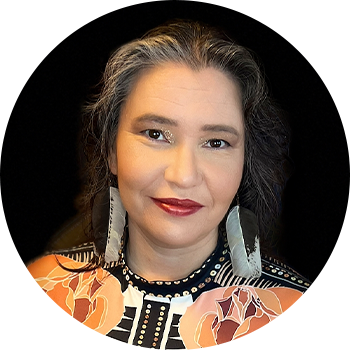
Christine Diindiisi McCleave, enrolled citizen of the Turtle Mountain Ojibwe Nation, is a doctoral student at the University of Alaska Fairbanks Indigenous Studies program with a focus on Indigenous Knowledge Systems of entheogenic plant medicines for healing. Her master’s thesis on Native American spirituality and Christianity and the spectrum of Native spiritual practices today, including Peyote religion, led her to become CEO of the National Native American Boarding School Healing Coalition where she helped introduce a bill for a national truth commission and worked with the United States Department of the Interior to investigate Indian Boarding Schools. Currently, she is facilitating Colorado’s Tribal Working Group under the Natural Medicine Health Act. In 2023, she was listed as one of 75 influential, innovative, and disruptive women in Psychedelics by DoubleBlind magazine. She is currently a member of the board for the Minnesota Council of Churches and the Vice President of the board for the Psychedelic Society of Minnesota.
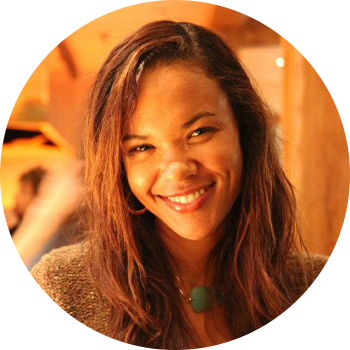
Dr. Stephanie Michael Stewart is a holistic psychiatrist who brings a spiritual, environmental, and social justice perspective to her work. After serving as Chief Resident of Psychiatry at Cedars-Sinai Medical Center, Dr. Stewart led LA County’s West Central Wellness Center where she developed innovative programs for communities of color that integrated evidence-based psychiatric treatments with complementary therapies. She then founded Worldwide Wellness, where she expanded her approach to incorporate travel, immersion in nature, Indigenous wisdom and, more recently, ketamine-assisted therapy. Dr. Stewart is currently developing a psychedelic-assisted therapy training program for psychiatric residents at historically black colleges and universities. Dr. Stewart holds a BS in Biology from Spelman College and an MD from Morehouse School of Medicine. She is a psychedelic advisor to multiple organizations in the US and Canada and is a member of Chacruna’s Racial Equity and Access Committee. She is of Black, White, and Native American descent.
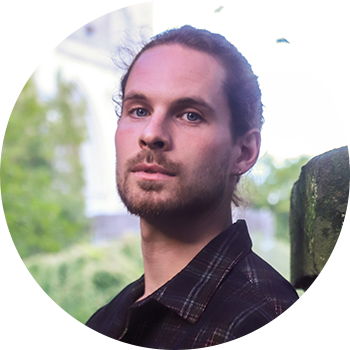
Joseph Mays received his MSc in Ethnobotany from the University of Kent researching responses to globalization by the Yanesha of central Peru. Graduating with biology and anthropology degrees from Virginia Commonwealth University, he published a medicinal plant guide for the Jama-Coaque Ecological Reserve in the Ecuadorian cloud forest. Joseph also holds a certificate in Psychedelic Assisted Therapies from Naropa University, and his conservation work explores how cultural-conditioning influences approaches to biocultural sustainability. His Indigenous rights advocacy stresses the importance of ground-up structures that emphasize local agency and challenge conventional philanthropic models in attempts to support Indigenous autonomy and biodiversity. Joseph is Program Director of Chacruna’s Indigenous Reciprocity Initiative (IRI), where he partners with Indigenous community organizations throughout the Americas to support Chacruna’s mission of increasing cultural reciprocity in the psychedelic space, raising unconditional funding and engaging with Indigenous and local stakeholders on their own terms.
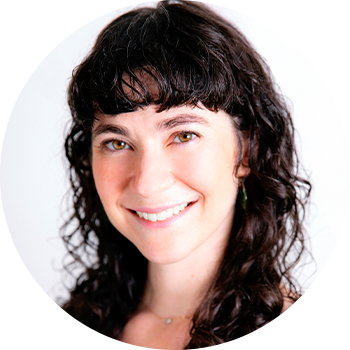
Allison Hoots is an attorney with Hoots Law Practice PLLC. She has had a diverse experience practicing law, including in the legal areas of employment, corporate, employee benefits, tax, and intellectual property and advising churches’ on operation and limiting liability in their religious use of sacraments. She is a member of Chacruna’s Council for the Protection of Sacred Plants and the lead author of Chacruna’s Guide to RFRA and Best Practices for Psychedelic Plant Medicine Churches. Allison is also President of Sacred Plant Alliance, Inc., a self-regulating organization and professional association of churches dedicated to ceremonial use of psychedelic sacraments within the United States. Since 2017, Allison is a founding member of the Board of Trustees and an officer for a nonprofit church that uses plant medicine in prayer.
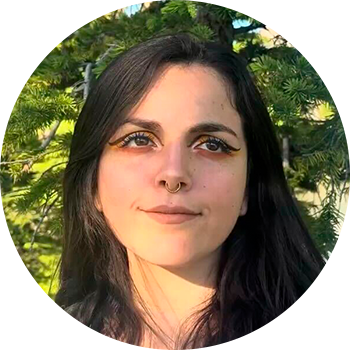
Alejandra Barajas (she/they/him) received her BA in Studio Art and Journalism from Beloit College. As an undergrad, she explored many topics ranging from art to philosophy to anthropology to journalism. Professionally, she has combined these skills in order to build a portfolio of knowledge. She uses an ethnographic approach to understand existence by communicating with different types of people, documenting their life experiences, and sharing this wisdom with the world through different mediums. She began this practice by working with graffiti artists in Chicago and giving them a platform to share their voices in an effort to remove the stigma surrounding this underground culture. During that time, she was a journalist for UP Mag which is a NY based publication focused on street art and politics. She has since shifted her focus to psychedelic plant medicines and is primarily interested in the topics of accessibility for underrepresented communities and promoting indigenous voices. She is Chacruna’s Program Coordinator and she is also part of Chacruna’s Women, Gender Diversity, and Sexual Minorities Working Group. She supports the production of research, books, chronicles, community forums, in-person events and conferences, courses and team’s speaking engagements. She is currently based in Washington, DC.
This talk will be recorded and immediately available for rewatch for all attendees.
Do you love Chacruna? Want free entry to events, access to our online member community and exclusive events, free merchandise, and much more! Become a member!
Take a minute to browse our stock:
Did you enjoy reading this article?
Please support Chacruna's work by donating to us. We are an independent organization and we offer free education and advocacy for psychedelic plant medicines. We are a team of dedicated volunteers!
Can you help Chacruna advance cultural understanding around these substances?


